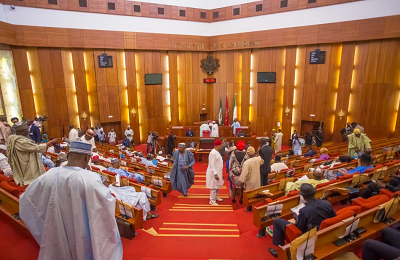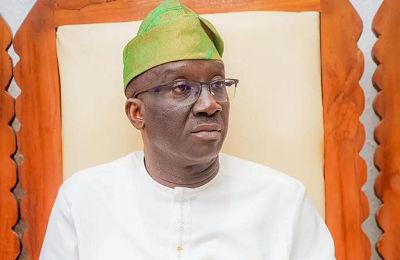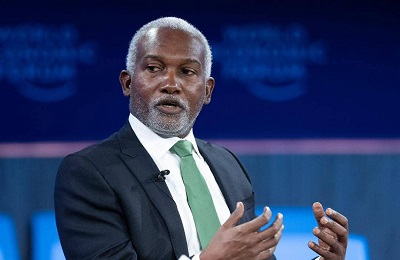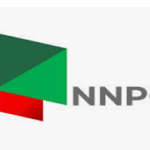CBEX collapse sparks investigation as millions lose savings in N1.3 trillion fraud.
Abuja, Federal Capital Territory – The Nigerian Senate has ordered its joint committees to investigate Ponzi scheme operations across Nigeria following the CBEX platform collapse. The probe will include public hearings in all six geopolitical zones, with a four-week deadline for findings.
Investigation Scope & Timeline
The joint Senate committees on Banking, Capital Market, Anti-Corruption, and ICT will conduct public hearings nationwide. Senators Adetokunbo Abiru and Osita Izunaso sponsored the motion during Tuesday’s plenary session.
“The economic wellbeing and financial security of Nigerian citizens are essential pillars of national stability,” said Senator Abiru, who chairs the Banking Committee. “Government must protect citizens from exploitative and fraudulent financial practices.”
CBEX Collapse Details
The CBEX digital investment platform promised high returns before collapsing suddenly. The platform’s failure resulted in N1.3 trillion in investor losses, making it one of Nigeria’s largest financial scams.
Senator Abiru identified three factors that made Nigerians vulnerable: widespread poverty, low financial literacy, and weak regulation. The platform targeted millions of Nigerians across multiple states.
Senate Leadership Response
Senate President Godswill Akpabio shared his experience with investment fraud from the 1990s. He directed the joint committees to examine how regulatory agencies failed to detect the scheme.
“This investigation must be thorough and must expose how such massive fraud escaped the watch of the SEC, CBN, NFIU and EFCC,” Akpabio stated. “The committees must report back in four weeks with concrete recommendations.”
Next Steps
The four-week investigation will include hearings in Lagos, Kano, Port Harcourt, Enugu, and other major cities. Committees will gather evidence from victims and examine regulatory failures that allowed the scheme to operate.
The Senate will use investigation findings to strengthen financial safeguards and prevent similar schemes from targeting Nigerian investors.
By Abdullah Korede








